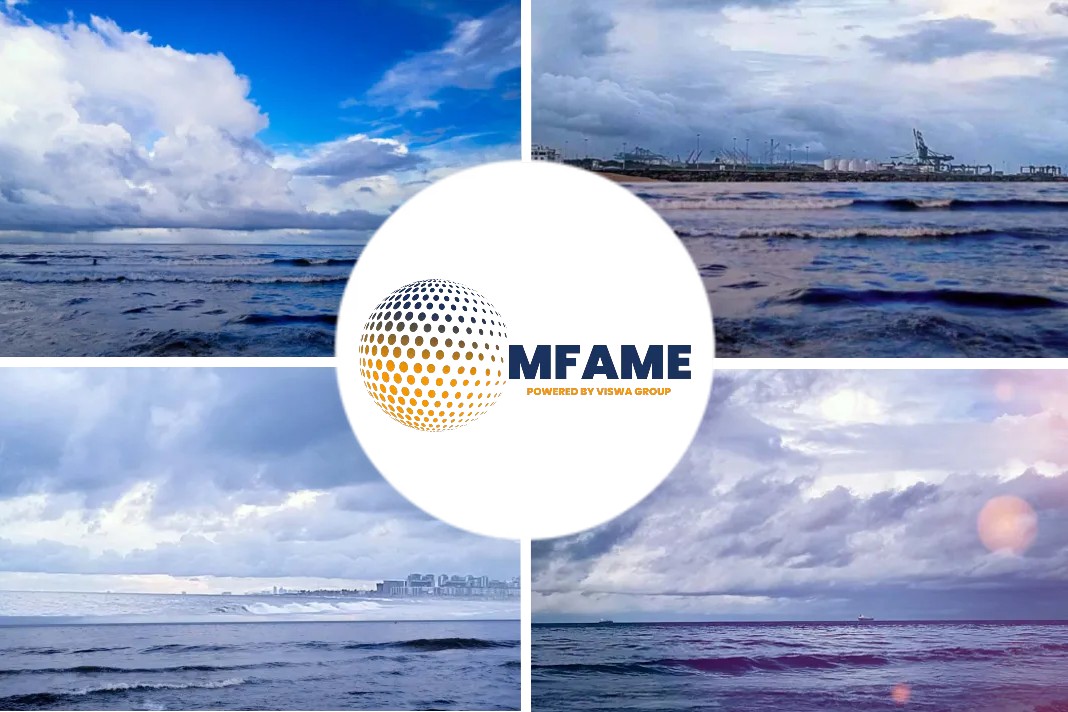
A book and claim chain of custody system will help tackle the maritime sector’s “chicken-and-egg problem when it comes to zero-emission fuel adoption,” reports ENGINE citing the Global Maritime Forum (GMF).
Unblocking geographical bottlenecks
“Shipowners are reluctant to invest in zero-emission vessels until there is widespread availability of fuels, while potential producers of scalable zero-emission fuels and supplies of bunkering services face uncertain demand for fuels and infrastructure,” according to GMF’s latest insight brief penned by maritime industry and environment experts.
The authors are from the World Economic Forum, the Aspen Institute Energy & Environment Program, Smart Freight Centre and GMF and argue that a “book and claim chain of custody” system is the answer to this dilemma.
According to the GMF report, “book and claim approaches can be an effective mechanism to help drive the early stages of the transition as it allows for the separation of decarbonisation from the logistics chain, this unblocks geographical bottlenecks, allowing efforts to be focused on technology and market development while minimising logistical challenges.”
Matthias Ólafsson, the chief EU representative of the Methanol Institute, recently highlighted this system when describing the key provisions of the FuelEU Maritime Regulation. “Brussels’s stakeholders increasingly highlight the merits of a book and claim chain of custody model, which would allow fuel suppliers to file and transfer a sustainability claim for their fuel via a dedicated registry,” said Ólafsson.
“Book and claim chain of custody” decoded
Book and claim is a type of supply chain model that aims to promote zero-emission shipping via “decoupling the physical use of zero-emission fuel from its attributes” like its greenhouse gas emissions, the GMF report argues. It is currently in practice in the sustainable aviation fuel (SAF) industry. SAF suppliers, including BP and SkyNRG, provide customers with book and claim benefits.
BP has explained that the system allows it to “deliver the SAF into the supply chain at one airport location and ‘book’ the carbon reduction associated with it into a registry. Then the customer at another location can ‘claim’ those carbon reductions by purchasing their traditional jet fuel along with the benefit of the lifecycle carbon reductions that have been registered in that registry.”
This concept can be translated to the shipping sector. It will allow ship owners to purchase emissions reductions from other ship owners that have already invested in low- and zero-emission fuels, to balance out the emissions from their ships.
It will enable these shipowners to provide low- and zero-emission shipping services, even if they do not use cleaner fuels on their vessels, argues GMF. It is also likely to provide greater incentives for uptake of zero-emission fuels in the shipping industry.
“Organisations that participate in such a book and claim chain of custody system can provide reputable evidence of their efforts to reduce their emissions, consistent with broadly accepted principles.” However, the GMF report concludes that the model must be transparent, credible and consistent to be viable.
Did you subscribe to our Newsletter?
It’s Free! Click here to Subscribe!
Source: ENGINE















